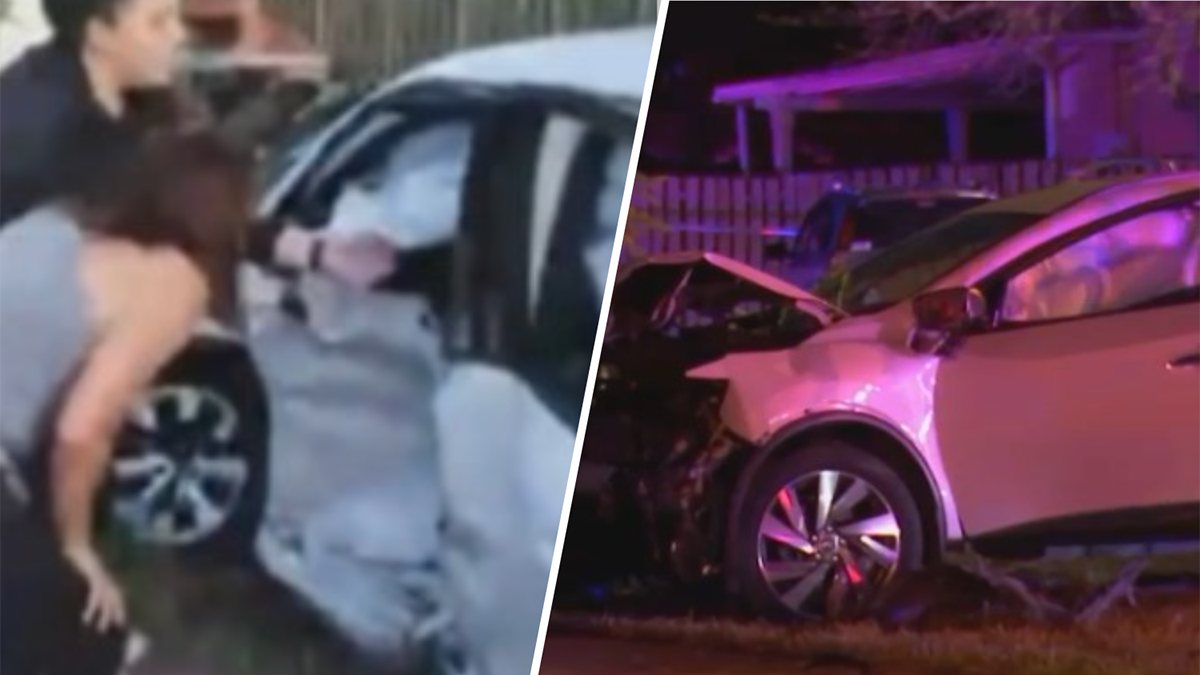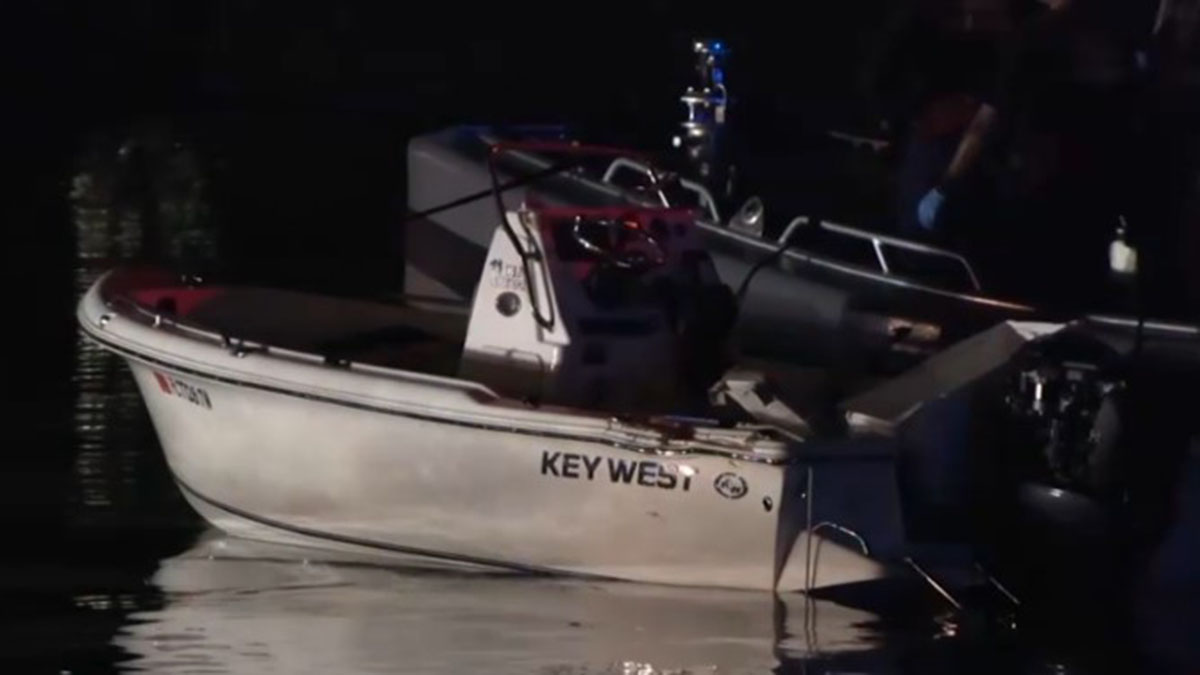Hurricane forecaster by day, fighting the Taliban by night? Not quite, but Stacy Stewart comes close.
The National Hurricane Center veteran is also a 37-year U.S. Navy veteran, now serving in the reserves. Captain Stewart doesn't have his own ship -- in fact, he's never served at sea -- but he's seen more than his share of combat on land.
"Went on more than 80 combat missions," Stewart said, referring to his just-completed year in Afghanistan. "I personally just missed three suicide bombings."
Monday was Capt. Stewart's first day back at work at the NHC in Miami. Wearing his combat fatigues, it looked like Stewart's mind was partially still in Kabul, still thinking about the patrols and missions he not only coordinated and planned with other NATO troops, but also participated in.
He's not the type to sit at the base. Instead, Stewart was always out beyond "the wire", as they call it, helping to train the Afghan soldiers. Everything was an adventure, and next time you're stuck in traffic on I-595 in rush hour, just remember it could be worse.
"Just driving in and around Kabul itself, it's like driving in Miami traffic, but the guy in front of you and the guy behind you, and the guys to the right and left of you might be trying to blow you up," Stewart said. "So you're constantly looking down the road, you're playing a lot of what ifs, what if this is a situation developing here, what are going to be the courses of action around it."
Stewart has a video he shot of just such a situation. He's in the back of a Humvee, patrolling on a city street when suddenly a car starts backing up toward them. By the rules of engagement in this war, when the enemy can be driving anything and wears no uniform and could be a suicide bomber, it was a threatening maneuver. The Afghan soldiers could've opened fire and obliterated the car, but held their roof-mounted machine gun in check. A split-second decision that turned out to be the right one. The driver was an innocent civilian. But had they been wrong, Stewart said, they all would've died in the explosion.
Local
Just before he left, Stewart's superior officers called him in for a meeting. He thought he was just going to receive service ribbons, but they had a little something extra for him. The Bronze Star "for exceptional service in a combat zone", as it reads on the certificate, was a complete, humbling surprise.
"I'm obviously deeply honored to receive it, " Stewart said. "It wasn't any one particular event per se that resulted in my receiving the Bronze Star, it was a cumulative effort, but every mission is dangerous. As we always say, if you come back with your fingers and toes, arms and legs, no new body orifices, it was a great mission."
So how's the war going? Stewart said he thinks eliminating the Taliban using only military might is nearly impossible. He calls it the "mowing the grass" principle: kill 10, another 10 grow into their places. But he says the strategy of winning the hearts and minds of the Afghan people is already transforming the country.
"So when you see the local afghan people warming up to you, you see schools increasing, girls going to school, you see kite flying, you see businesses, you see modern high-rise buildings, that's all a good indication that progress is occurring in Afghanistan," Stewart said, optimistically.
The hardest thing in his Afghanistan tour of duty? Getting a good night's sleep. Now Capt. Stewart can relax, at least until hurricane season begins.



